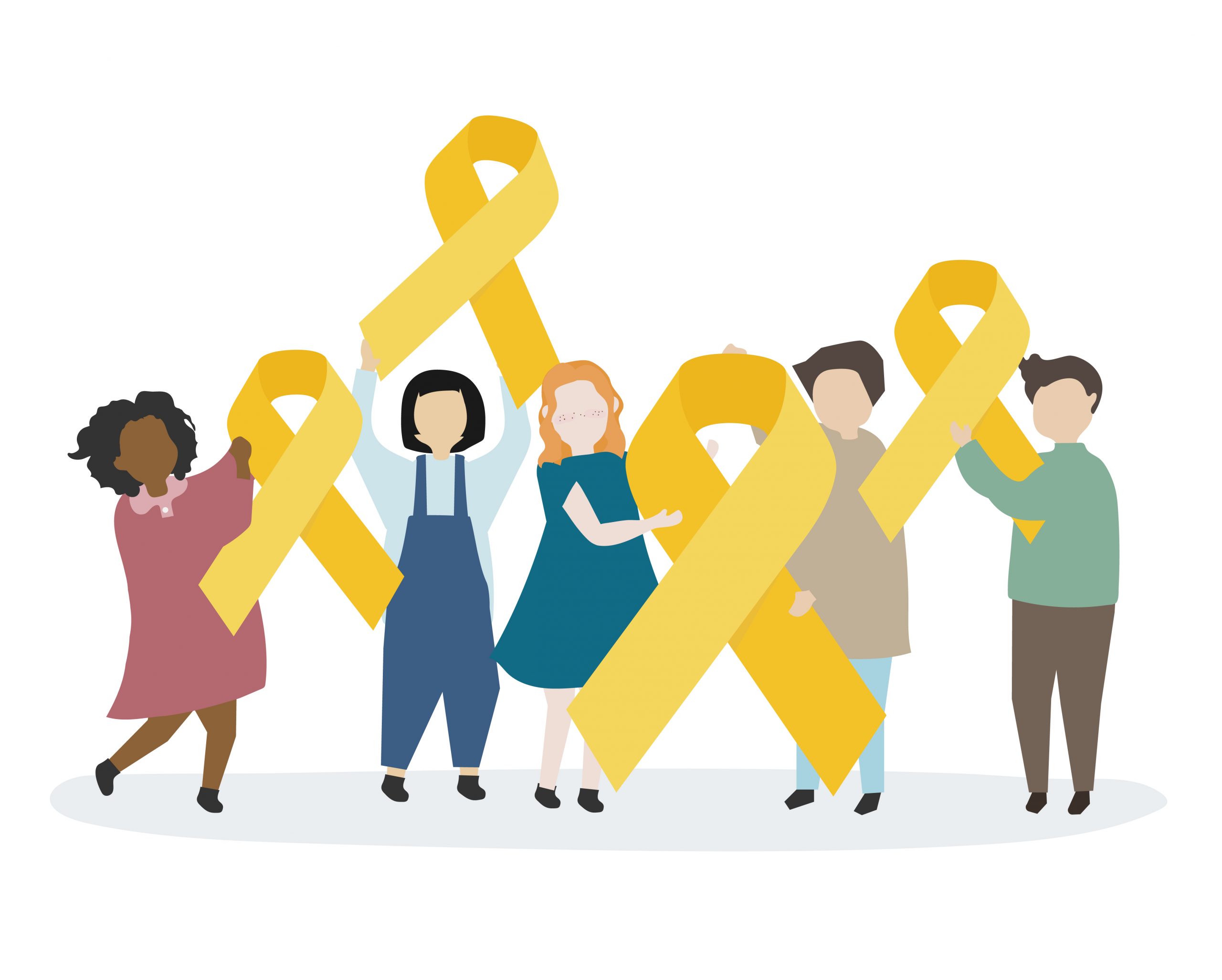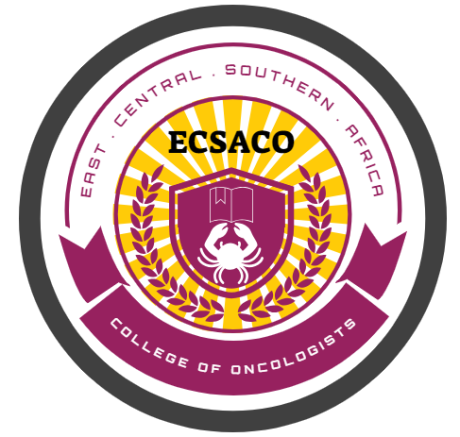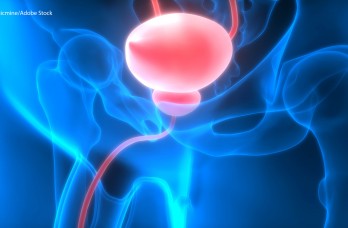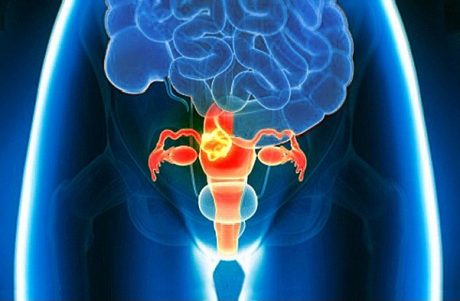Requested resource is not accessible

CPR 100: ICI CANCER PREVENTION PRECEPTORSHIP
A multidisciplinary course on the principles and practice of cancer prevention
Eldoret, Kenya
18th August 2020- 29th October 2020
Lead Faculty: Lisa Hess PhD
Cancer Prevention Research Scientist
Department of Obstetrics and Gynecology
Indiana University School of Medicine and Public Health
Indianapolis, USA
Course Director: Fredrick Chite Asirwa MD
Consultant Physician. Medical Oncologist & Hematologist
Office of Cancer Prevention and Surveillance
International Cancer Institute (ICI)
P.O. Box 8088, Code 30100 Eldoret, Kenya
Email: chite@intercancer.com Website: www.intercancer.com
This educational activity is provided by International Cancer Institute (ICI)
Faculty (TBC)
- Cancer Prevention Research Scientists
- Epidemiologist and Population Health consultants
- Nutrition and Dietetics Expert
- Behavioural Scientist
- Physician & Oncologists
- Infectious Disease Specialist
- Occupational Health Expert
- Public Health Expert
- Sleep Expert
- Radiation Exposure Expert
- Environmental Health Specialist
- Physical Exercise Consultant
- Geneticists
- Mental Health Specialist
ICI Education & Training Mission Statement
The ICI Preceptorship Program Mission is to measurably contribute to cancer patients’ (and populations) safety and health outcomes and to support practice improvement by providing CME/CPD activities that enhance the ability of physicians and other health-care team members to deliver quality and optimal healthcare services.
Purpose
The purpose of ICI Preceptorship Program is to develop educational activities that clearly link the needs of the learner/participants with the planning process, format and delivery of each activity, resulting in high- quality Continuing Medical Education (CME)/Continued Professional Development (CPD) opportunities that will increase the knowledge, competence and performance of health-care providers and translate into impactful population outcomes.
Target Audience
The primary target audience for this CPR 100 Course comprises public health professionals, physicians, and other healthcare professionals, research & clinical residents/fellows, policymakers, and scientists who have an interest in cancer prevention and control.
Statement of Need
Information on Prevention and Methods of prevention of cancers are not often widely disseminated, especially in sub-Saharan Africa, resulting in populations not receiving the best or most up-to-date information on the preventative aspects of cancers. Health care providers need current information on prevention strategies that are the cornerstone of any cancer control program.
This course will present a broad-based perspective in cancer prevention and control including resources, data, methods, and theories. Participants will be exposed to classical cancer epidemiology concepts in the cancer continuum (etiology, prevention, screening, diagnosis, treatment, including palliative care, and survivorship), as well as cross-cutting concepts such as cancer surveillance, epidemiology methods, and communication that are critical to the success of any cancer prevention and control activity
LEARNING OBJECTIVES
At the end of this educational activity, participants should be able:
- To describe the global burden of cancer, including country and regional differences while comparing and contrasting the cancer burden in different regions in the world vs Sub-Saharan Africa
- To understand the importance of cancer surveillance and the role of cancer registries to determine the burden and distribution of cancer in different regions and populations.
- Understand the importance of multidisciplinary approaches to cancer prevention and the role of the National Cancer Control Programs/ National Cancer Institutes in Cancer Prevention. Participants should also be able to Articulate the role and contribution of different disciplines to cancer prevention and control
- To describe the role of key lifestyle factors in the etiology of cancer, as well as approaches to cancer prevention.
- To understand the role that occupational and environmental exposures play in the etiology of certain cancers, as well as preventive measures.
- To understand the principles of clinical cancer prevention with a special emphasis on chemoprevention and future directions in the field.
- To describe the cancer epidemiology and interpret current information on the descriptive epidemiology, etiology, screening, and early detection of some of the major cancers, as well as identify and adapt early detection methods for site-specific tumors.
- Assess the strengths and weaknesses of the three main approaches to cancer prevention (primary, secondary, and tertiary) in general, and then relative to a specific country setting
- Categorize advantages and disadvantages of all the current cancer screening methods
- Discuss approaches and methods that can be used to adapt existing U.S. guidelines and evidence-based approaches in cancer prevention and control to different countries/settings
- To design and present a primary prevention case study working in a multidisciplinary team. Participants will also be able to list key concepts critical to designing a basic implementation and/or dissemination science project. Finally, participants will be able to describe health communication tools in cancer prevention and control that target various stakeholders.
- To be able to describe a low-budget approach to improve screening among disadvantaged and/or hard-to-reach communities.
Disclosure of Conflicts of Interest
International Cancer Institute (ICI) requires instructors, planners, managers and other individuals and their spouse/life partner who are in a position to control the content of this activity to disclose any real or apparent conflict of interest they may have as related to the content of this activity. All identified conflicts of interest are thoroughly vetted by ICI for fair balance, scientific objectivity of studies mentioned in the materials or used as the basis for content, and appropriateness of patient care recommendations.
The faculty must report any financial relationships or contractual relationships they or their spouse/life partner have with commercial interests related to the content of this continuing education activity.
Disclaimer
Participants have an implied responsibility to use the newly acquired information to enhance patient outcomes and their own professional development. The information presented in this activity is not meant to serve as a guideline for patient management. Any procedures, medications, or other courses of diagnosis or treatment discussed in this activity should not be used by clinicians without evaluation of patient conditions and possible contraindications on dangers in use, review of any applicable manufacturer’s product information, and comparison with recommendations of other authorities.
Disclosure of Unlabeled Use
This educational activity may contain discussion of published and/or investigational uses of agents that are not indicated by the FDA. The planners of this activity do not recommend the use of any agent outside of the labeled indications. The opinions expressed in the educational activity are those of the faculty and do not necessarily represent the views of the planners. Please refer to the official prescribing information for each product for discussion of approved indications, contraindications, and warnings.
Method of Participation and Request for Credit
To receive credit for this activity, participants must review the activity information including learning objectives and faculty/planner disclosures, and actively participate in the educational activity. Upon successfully completing the post-test with a score of 75% or better and the post-activity evaluation, your certificate will be made available immediately.
The Course LECTURES & DISCUSSIONS
Orientation to the course (Chite) Thursday 5th November 2020 4:30-5:00 PM EAT
- CPR 100: CANCER PREVENTION PRECEPTORSHIP LECTURE SCHEDULE 5th November 2020 Orientation to the course Prof. Chite Asirwa
- 10th November 2020 Introduction to Cancer Prevention for Course CPR 100 Dr. Lisa Hess
- 12th November 2020 Diet/ nutrition and cancer prevention Dr. Cynthia Thompson
- 17th November 2020 Physical activity and cancer prevention Dr. Jenniffer W. Bea
- 19th November 2020 Tobacco exposure/ smoking cessation Dr. Scott Leischow
- 24th November 2020 Psychosocial Health and well-being in cancer prevention Dr. Wenzel/ Dr. Jeanne Carter
- 26th November 2020 Cancer Genetics Risk Testing Dr. Joanne Jeter
- 1st December 2020 Breast Cancer Prevention Dr. Patricia- Thompson Carino
- 3rd December 2020 Colorectal Cancer prevention Dr. Peter Lance
- 8th December 2020 Cancer Prevention in hard-to-reach populations Dr. Anna Maria Lopez
- 10th December 2020 Secondary cancer prevention and cancer survivorship Dr. Steven Plaxe
- 15th December 2020 Primary prevention: Occupational & Environmental Risk Factors TBD
- 17th December 2020 Behavioral Science and Community Interventions TBD
- 12th January 2020 Human and Economic benefits of Cancer Prevention TBD
- 14th January 2020 Radiation Exposure and Cancer Risk TBD
- 19th January 2020 Cancer Prevention Clinical Trials and Future Research TBD
- 21st January 2020 Communication, Advocacy, and policy inn cancer prevention TBD
Participants should be willing to spend at least 4 hours per week (comprising of 2 online virtual classes/ week and assignments, homework, projects, etc) on this course over a period of 10 weeks. (Duration 40 hours)
All those interested in registration to this course, please send your request to education@intercancer.com
Acknowledgment
ICI acknowledges that this CPR 100 Course has been made possible by a training grant from Roche as part of the ICI_Roche Shining Tower Project (STP)
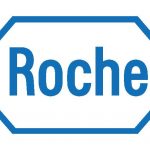
Course Reviews
No Reviews found for this course.


